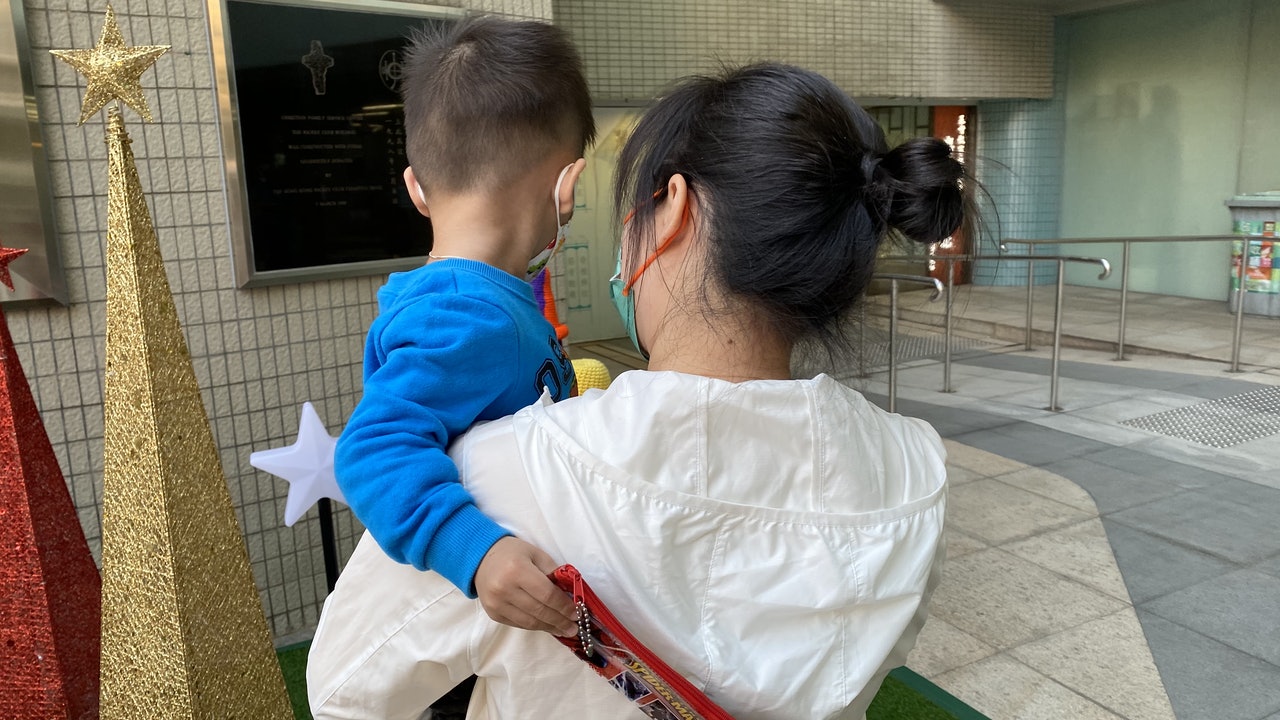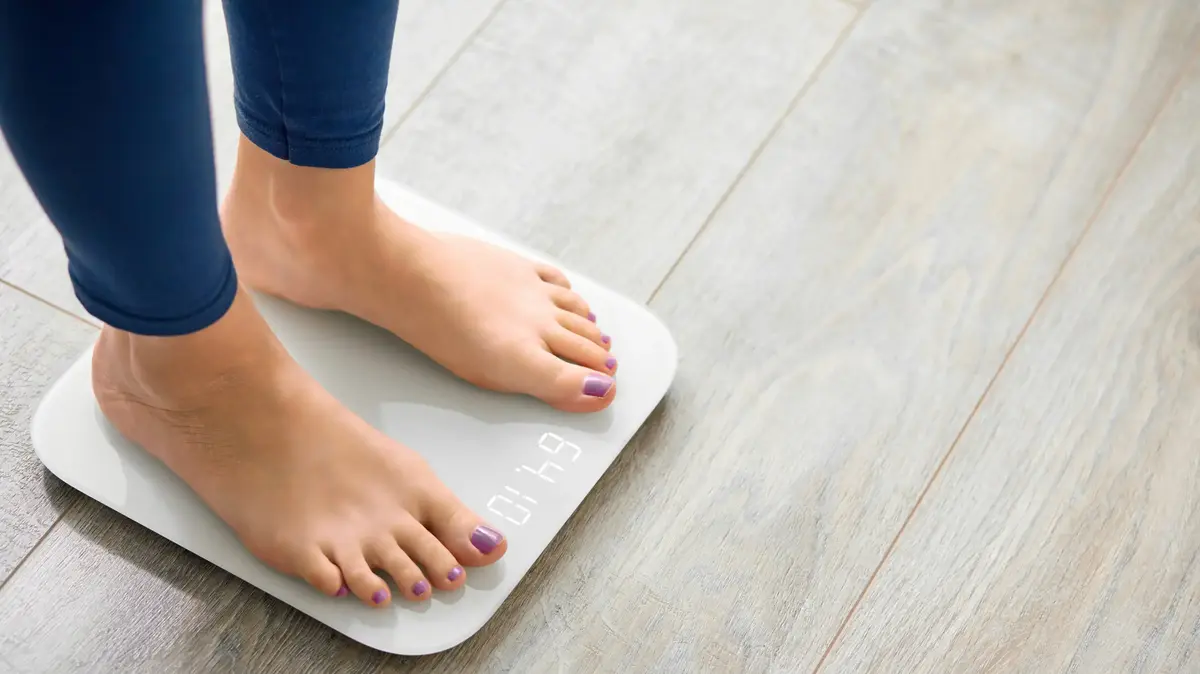Under the epidemic, the public's attention to their own health conditions has increased.
However, the grassroots citizens are often rushing for their livelihoods, and when physical problems occur, they may not be detected in time, and the corresponding diagnosis and treatment may be made.
Studies have pointed out that more than half of the grassroots people have been diagnosed with at least one of the "three highs", which may cause other serious chronic diseases or complications in the future. The situation is cause for concern.
Some grassroots women who had suffered from gestational diabetes thought that "there was nothing after giving birth." After giving birth, they were busy taking care of the family and did not pay attention to the relevant symptoms. During a free examination, they found that their blood sugar levels exceeded the standard. After treatment, the situation improved.
The Kwun Tong District Health Risk Assessment Survey was conducted by Manulife Hong Kong and Christian Family Service Center in August this year.
The interviewees of the survey were 399 grassroots citizens in Kwun Tong who benefited from the first phase of Manulife's "Voucher" Care for Your Health Charity Program. The respondents were all over 18 years old.
The first phase of Manulife's "Voucher" Care for You Health Charity Project targets five districts, including Kwun Tong, Tsuen Kwai Tsing, Hong Kong Island East, Sham Shui Po and Tin Shui Wai to conduct health risk assessments and provide medical services for grassroots citizens, and has served more than a thousand citizens .
The Kwun Tong District Health Risk Assessment Survey was conducted by Manulife Hong Kong and Christian Family Service Center in August this year.
The study pointed out that more than half of the respondents have at least one type of high blood pressure, namely high blood pressure, hyperlipidemia, and high blood sugar. Among them, the respondents with one symptom are the most common, accounting for 30% of the total, revealing that the grassroots suffer from the three highs. universal.
(Photo by Zeng Fengting)
People suffering from three highs tend to be younger, 10% of respondents have thoughts of suicide
The study pointed out that more than half of the respondents have at least one of the three highs, namely high blood pressure, hyperlipidemia, and high blood sugar. Among them, the respondents with one symptom are the most common, accounting for 37% of the total, revealing that the grassroots suffers from three highs. The situation is common.
At the same time, more than half (57%) of the respondents were overweight and obese, which was higher than the overall average in Hong Kong.
People suffering from three highs tend to be younger, and 40% of the respondents aged 18 to 39 have at least one type of three highs, and men are also at higher risk of developing three highs than women.
The symptoms of the three highs also stem from the respondents’ bad lifestyle habits, including drinking (77%), smoking (66%), lack of exercise (57%), and insufficient intake of fruits and vegetables (58%).
In addition to physical conditions, the mental health of the grassroots also needs attention. Nearly 70% (66%) of the respondents have lack of energy, more than half have drowsiness disorders (59%), and do not have energy or fun (55%). ) And nearly 50% (48%) feel down, depressed or desperate.
It is worth noting that 10% (12%) of the interviewees pointed out that they have thoughts of harming themselves or committing suicide.
Liu Jinzhu, Chief Account Officer of Manulife Hong Kong, pointed out that most of the recipients of the program have undergone physical examinations for the first time, and the situation in the three highs at the grassroots level is common, which is worthy of attention.
(Photo by Zeng Fengting)
Three highs may cause severe chronic diseases
Liu Jinzhu, Chief Account Officer of Manulife Hong Kong, pointed out that most of the recipients of the program have undergone physical examinations for the first time, and the situation in the three highs at the grassroots level is common, which is worthy of attention.
She described the three highs as the source of all diseases and the main cause of many invisible killers, which can easily lead to serious chronic diseases or complications such as coronary heart disease or stroke.
She also mentioned that the different difficulties faced by the grassroots under the epidemic, such as income, unemployment, and child discipline under suspension of school, all pose a huge threat to their emotional health.
In order to assist the grassroots in raising awareness and early treatment, in March this year, the project was launched in cooperation with the Christian Family Service Center. It is hoped that free health risk assessment and medical services will be provided to the grassroots, and they will receive appropriate benefits from a portfolio of seven self-selected projects. treat.
According to the latest data in November, 90% of recipients have completed physical examinations and 70% are receiving medical services.
Busy to take care of the family and ignore the signs of diabetes
Ms. Hu, who has two children, is one of the beneficiaries of the plan.
She pointed out that when she first learned about the plan through the community announcement, she originally only intended to receive the service of Chinese medicine to treat frozen shoulder caused by daily strain, but she was accidentally diagnosed with diabetes after a physical examination.
Ms. Hu said that when she was pregnant with her second child in the middle and late stages, she was told by a doctor that she had gestational diabetes, and she was repeatedly admitted to the hospital for treatment, but she always thought that gestational diabetes would return to normal after delivery. After the child was born, I didn't pay much attention to it anymore, "I thought it was nothing if I could eat it all the time."
Although the body has been showing signs of diabetes, such as feeling tired and hungry easily, Ms. Hu thought at the time that "I want to feed people and take care of BB. I will consume a lot of time first."
It was not until this year that Ms. Hu found out that she was suffering from diabetes through a physical examination.
At first, her blood sugar was as high as 11 degrees, which was above the standard level. Later, after receiving the intervention of planned medical services, the situation was improved.
Ms. Hu also took the doctor’s advice to abstain from starch in her diet, and she would also spare 1.5 hours a day to exercise.
Ms. Hu was fortunate that through the free physical examination provided by the plan, she found out that her body was abnormal in time, and she was also referred to a public hospital for continued treatment.
At present, Ms. Hu goes to the hospital for regular follow-up consultations every 4 months to keep track of diabetes.
Chen Fengwen, assistant director-general of the Christian Family Service Center, said that the basic level of the epidemic often ignores different financial difficulties, often ignores physical problems, and lacks relevant knowledge.
(Photo by Zeng Fengting)
Chen Fengwen, assistant director-general of the Christian Family Service Center, said that the basic level of the epidemic often ignores different financial difficulties, often ignores physical problems, and lacks relevant knowledge.
In order to help identify and provide treatment, the center launched a plan in cooperation with Manulife Hong Kong in March this year, taking the convenience of the grassroots as the primary consideration, and providing one-stop medical services, with specialized nurses and dietitians as recipients. Helpers explain medical services.
In addition, the first phase will also be piloted in low-income areas, hoping to establish a regional network to reach more people in need by linking up with non-government service organizations.
Forty percent of the interviewees have to borrow money to survive the epidemic. Three children, Hong Kong dad, apply for CSSA, but they owe 100,000 cards. The survey shows that two-thirds of the interviewees support the prohibition of corporal punishment. Nearly eight adults agree with the establishment of a mandatory reporting mechanism. Dozens of cacti are ordered to be removed from the restaurant
01Community










/cloudfront-eu-central-1.images.arcpublishing.com/prisa/KMEYMJKESBAZBE4MRBAM4TGHIQ.jpg)


